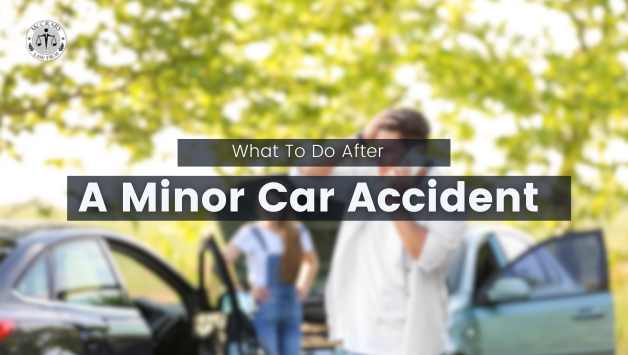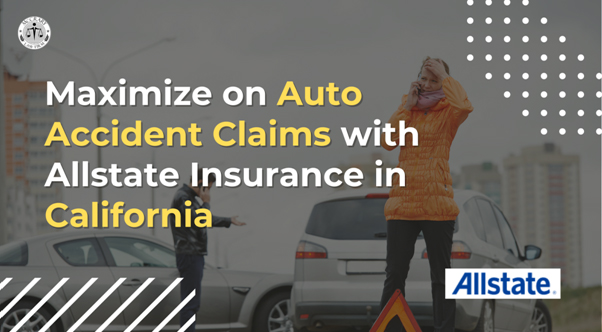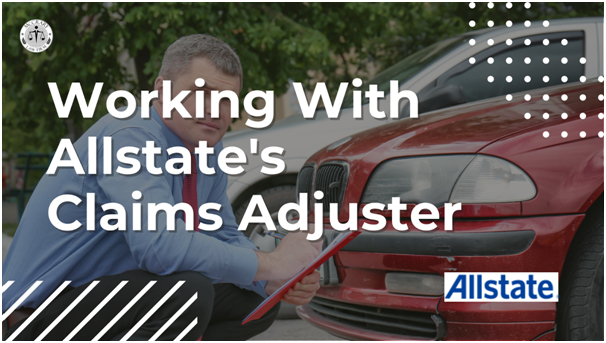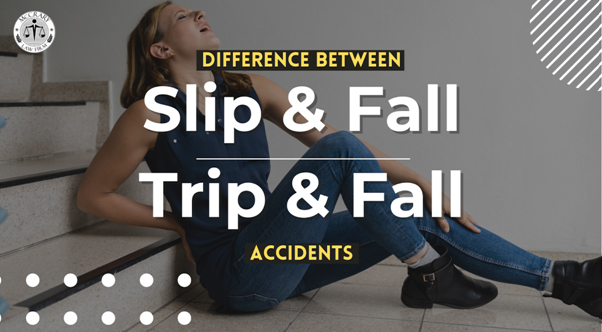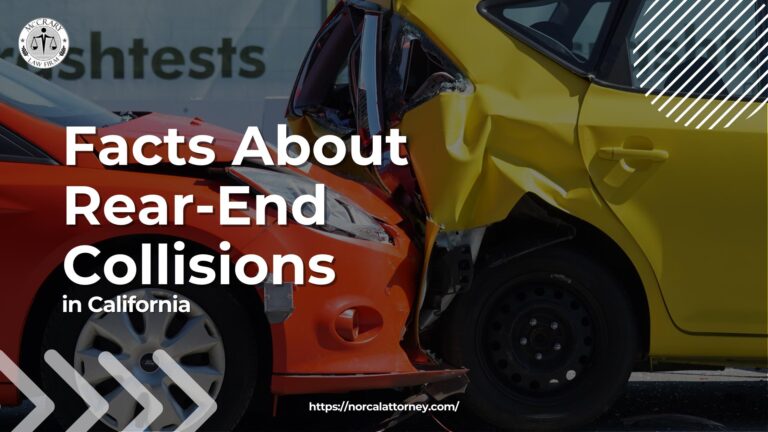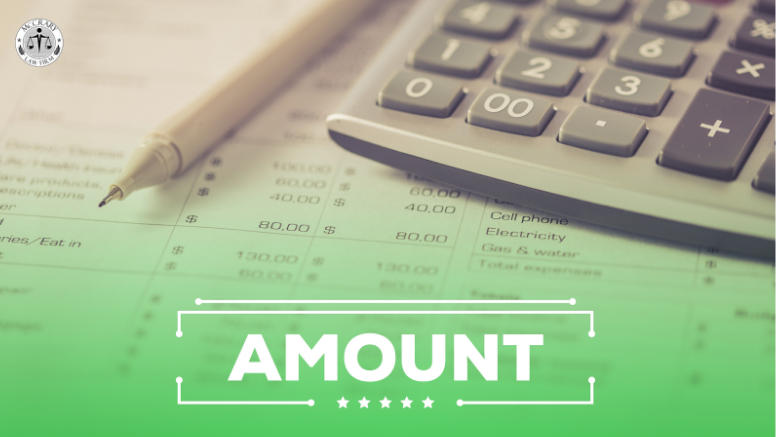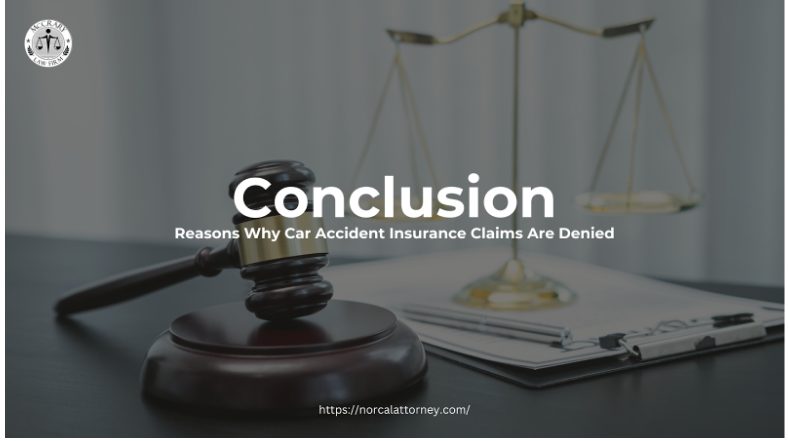How To Prove You Are Not At Fault In A Car Accident? Simple Steps!
How To Prove You Are Not At Fault In A Car Accident? Simple Steps!
By Dan McCrary | November 10, 2023
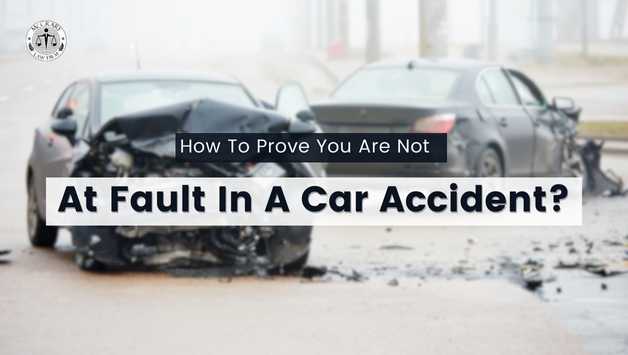
Getting into a car accident, whether it’s minor or serious, is bad news. It’s even worse when you’re blamed for something you didn’t do as almost all countries have strict laws for the guilty person in car crashes.
The laws can lead to jail sentences and settlement of thousands of dollars depending upon the accident. If you don’t want this to happen, you need to prove yourself innocent. It might be a difficult process without the help of a lawyer, but it’s not impossible.
For your help, we’ll discuss how to prove you are not at fault in a car accident. We’ll share the five important steps you should take to prove you’re not the one who’s at fault. So, let’s get into the details!
5 Steps To Prove You’re Not At Fault In Car Accidents
Here are the five simple steps you should take when you’re not at fault in car accidents. These steps include preparing yourself, gathering evidence, taking help from police, medical reports and CCTV footage.
1. Prepare Yourself
The first thing you should do is prepare yourself to defend. It’s a long process and not as easy as it might seem. You’ll need to learn about the basic traffic laws and state laws, and this means more than just reading – you need to understand them.
To learn about the law, you can visit the official websites of law enforcement agencies in your state. Another option is to read a book about the subject. It will not only help you defend yourself but also stop you from making mistakes.
What else can you do?
In accident cases, you may have to interact with police and lawyers multiple times. The issue is most people give statements without thinking twice due to a lack of knowledge about the legal issues, which can weaken your case.
However, if you’ve done your research and have a good grasp of the basic law and legal issues, you’ll be more careful with what you say. This cautious approach will help you not become the guilty person in the case and protect you from the big settlement amount.
2. Visit The Accident Scene
After gaining a basic knowledge of the state and traffic laws, visit the accident scene. If you already have pictures, it’s best, as they can be used as proof who was responsible to insurance companies and the court.
If you haven’t taken pictures yet, don’t worry. Take some photos of your car and the exact spot where the accident occurred from different angles. It’s important to do this as soon as possible. The longer you wait, the more likely it is that evidence will disappear or change.
Have a question?
We’re here to help 24/7.
Call or Text Us Now (855) 752-6326
3. Talk To Eye Witnesses
The third step is to remember who were the eyewitnesses of the accidents. If the accident happened in a bustling street, you can talk to people. They must have witnessed the entire accident scene.
Remember, not everyone will agree to become a witness. Thus, no need to force anyone. Instead, you can politely ask them about what they saw to understand the situation from a different point of view and make your case strong.
4. Get Police & Medical Report
If you’ve got eyewitnesses, great; otherwise, move on to the next step. Get a police report and medical report copies from the authorities. Whenever an accident happens, police arrive and create a thorough report with pictures of the car and the entire area.
This police report can be used as proof to show who was responsible for the accident. At the same time, the medical report is best to show the extent of your injuries due to the fault of the other party. You can also use the medical bill to show the financial loss.
5. Get The CCTV Footage
The last step you should take is to find CCTV footage. It’s not a difficult task if the cameras are owned by individuals, not the government. If the CCTV camera is owned by an individual, you can simply ask them by explaining your situation, and you’ll get the footage.
However, if the cameras on the road are owned by the Govt, the chances are your request will be denied. Govt departments usually give CCTV footage access to lawyers, prosecutors, and police, not to the public.
How To Dispute A Car Accident Fault?
Once you gather all the evidence, dispute the car accident fault. Inform the insurance company of the other party and the individual who’s responsible that you’ve enough evidence they’re the one who’s responsible.
The insurance company will investigate the matter further. If you think the insurance company isn’t providing the compensation for your damages. You can take this matter to court; then, the judge will listen to your case and decide who should pay for the compensation.
Personal Injury
Car Accident
Dog Bite
Motorcycle Accident
Truck Accident
Uber or Lyft
Wrongful Death
Latest News
Conclusion
Usually, with strong evidence, the car accident issues are sorted outside of the court as the fees of lawyers are high. However, if you think that the insurance company is reluctant to pay the compensation amount when you're not at fault, you should go to court.
You can get help from our MCCRAY Law Firm. We've car accident lawyers who deal with all types of minors to severe cases. Our lawyers will help you identify the responsible individuals for the car accident and deal with settlement issues.
FREE CONSULTATION 24/7, NO FEES UNTIL WE WIN .
Call or Text Us Now (855) 752-6326






